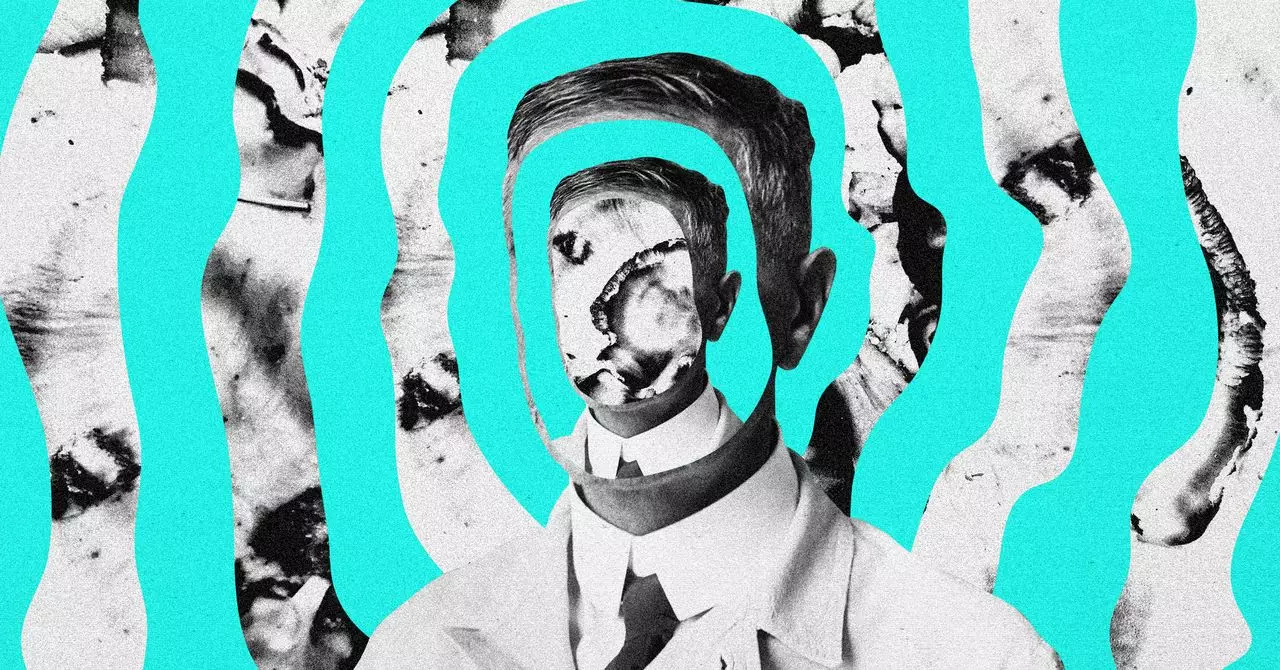The integration of artificial intelligence into therapeutic landscapes signifies a revolutionary shift, especially in the realm of psychedelic-assisted therapy. Visionaries like Christian Angermayer, founder of Atai Life Sciences, advocate for AI as an ancillary tool—an unobtrusive yet potent assistant that helps sustain psychological progress between structured sessions. This perspective underscores a nuanced appreciation: technology alone cannot replace human empathy or expertise, but it can serve as a valuable complement. AI’s potential to monitor, motivate, and provide insights aligns with the broader goal of personalized mental healthcare, transforming what was traditionally a face-to-face, in-person practice into a more adaptable and accessible form of support.
However, the real strength of AI in this context lies in its capacity for continuous, real-time engagement—something human practitioners, constrained by time and resources, cannot always provide. By acting as an always-available “mindful companion,” AI can reinforce positive behaviors, flag potential issues, and foster long-term lifestyle changes. In essence, it becomes a resilient scaffold supporting the fragile architecture of mental well-being, especially in vulnerable individuals exploring the depths of their consciousness through psychedelics.
Limitations and Uncharted Risks of AI-Driven Self-Exploration
Despite the promising prospects, reliance on AI introduces significant ethical and safety considerations. For example, apps like Alterd, which users describe as an extension of their subconscious, promise deep self-awareness and behavioral insights. These digital tools personalize interactions by analyzing journals, mood patterns, and emotional cues. Yet, the very mechanisms that enable these apps to be insightful also pose risks—they lack emotional depth and the ability to respond to subtle cues. During intense psychedelic experiences, where emotional and perceptual shifts are profound and unpredictable, an AI’s inability to truly comprehend or attune to the user’s state could lead to dangerous misinterpretations.
For instance, cases of ChatGPT-induced psychosis circulating online serve as cautionary tales. While these instances are not widespread, they expose the potential harms of deploying AI without adequate safeguards, especially among psychologically vulnerable populations. The absence of real emotional attunement and co-regulation may result in users feeling misunderstood or even alienated, potentially exacerbating mental health crises rather than alleviating them.
Additionally, AI’s current limitations in understanding human nuance highlight a fundamental issue: technology cannot (yet) authentically connect on the emotional or somatic level that many mental health interventions require. Trial and error with AI support need to be approached carefully, with recognition that these tools are not substitutes but adjuncts requiring oversight and professional guidance.
The Future of AI in Psychedelic and Psychological Therapies
Looking ahead, the role of AI in mental health and psychedelic therapies is undeniably compelling but must be navigated with cautious optimism. AI can augment traditional therapy by providing scalable, personalized support systems tailored to each individual’s unique emotional landscape. When designed thoughtfully, these tools could cultivate greater self-awareness, reduce stigma, and broaden access to mental health services, especially in underserved areas.
Yet, the hype must be tempered with skepticism. The danger of over-reliance on AI without human oversight risks minimizing genuine emotional connection and undermining the complexity of mental health challenges. As neuroscientists and mental health professionals continue to explore these integrations, it remains crucial to prioritize safety, ethical integrity, and a clear understanding of AI’s limitations. The delicate art of psychedelic therapy, with its profound subjective experiences, calls for a careful balance—a harmony between human presence and technological assistance.
The burgeoning field of AI-enhanced mental health support embodies both magnificent potential and profound peril. Its success will depend on our ability to develop transparent, ethically grounded tools that serve as genuine helpers—not substitutes—for human empathy, intuition, and expertise. Only then can AI truly become a catalyst for transformative healing rather than a source of unintended harm.

